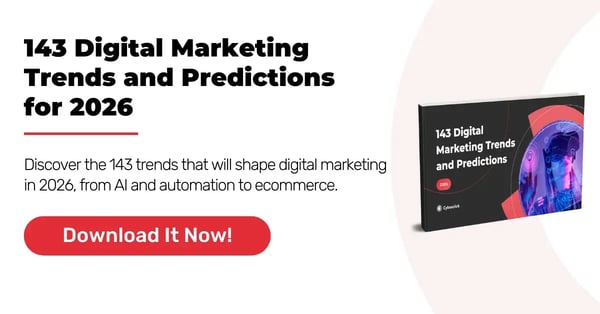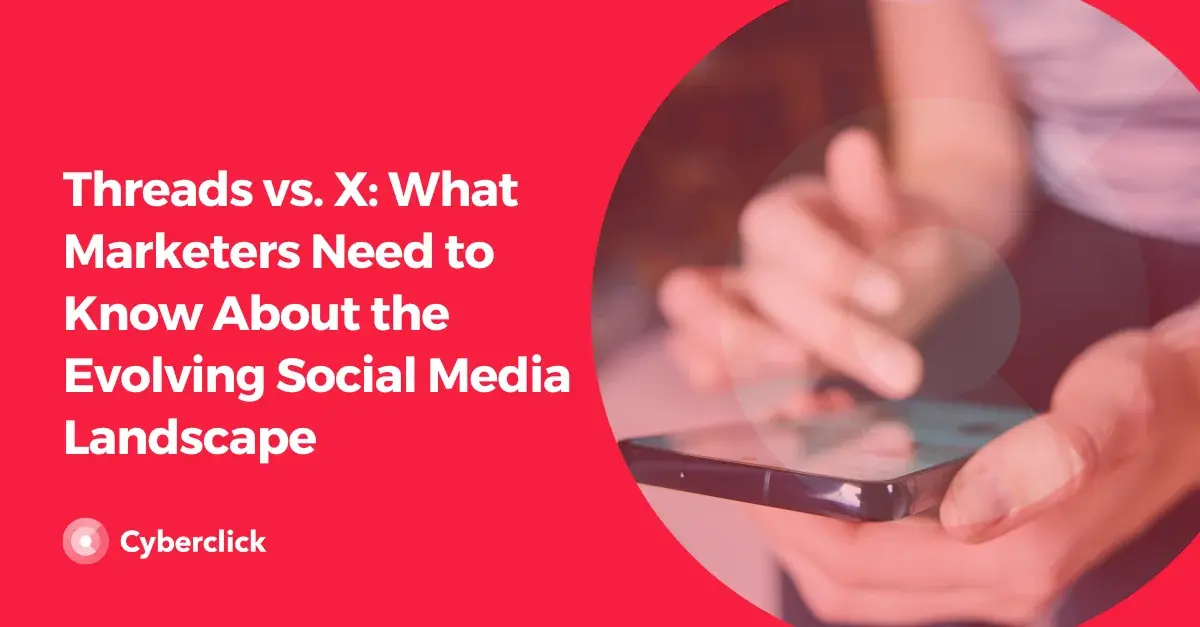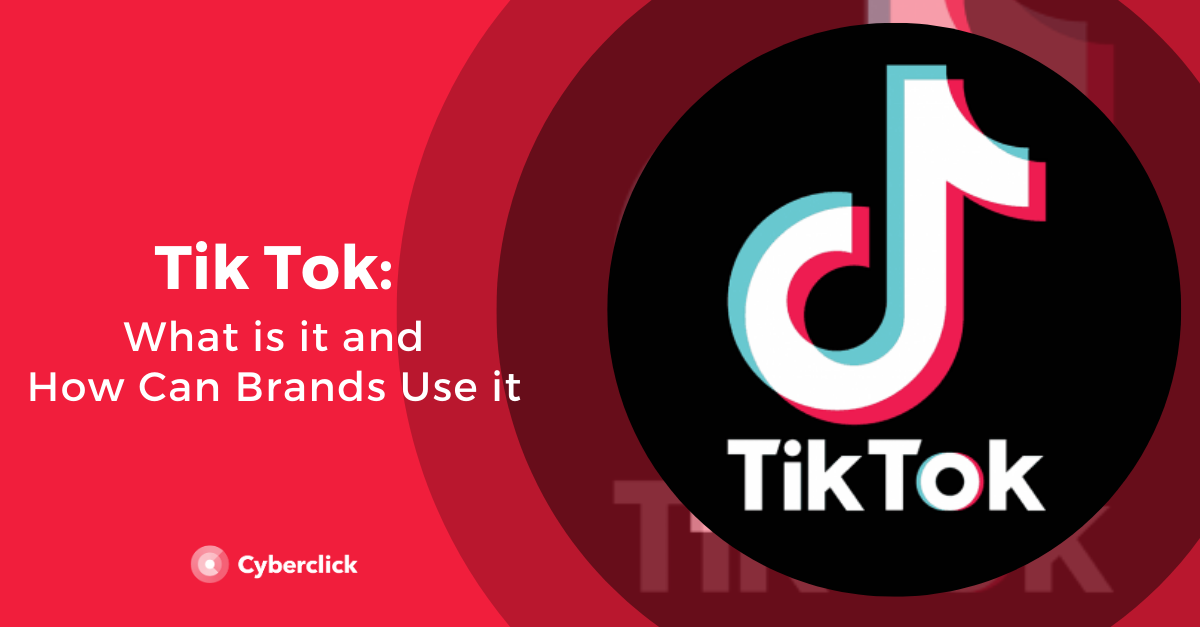Born between 1997 and 2012, Gen Z is no longer the “up-and-coming” generation. For marketers, they are the now generation. Members of Gen Z are increasingly moving into leadership roles and significantly shaping the global economy. Understanding what drives their behavior is crucial to any modern marketing strategy.
So, what defines Gen Z, and how can your digital marketing evolve to meet them where they are?

Why You Should Be Investing in Digital Marketing for Gen Z
-
Gen Z has strong spending power—now more than ever: As of 2025, Gen Z represents over $360 billion in direct purchasing power in the U.S. alone—and their influence extends well beyond that, shaping household decisions and trends across generations.
-
Gen Z is the social generation: According to the NY Post, Gen Z spends 1/4 of their day, or about seven hours daily, consuming content on social media. This is spread out across platforms like TikTok, Instagram, YouTube, and emerging Gen Z favorites like BeReal. These platforms aren’t just for entertainment—they are core to product discovery, brand interaction, and purchasing decisions.
What Defines Gen Z Today?
To engage Gen Z effectively, you need to understand what makes them tick. Here’s what shapes their worldview:
-
They are digital natives, not digital adopters: Gen Z grew up with smartphones, streaming, and always-on internet. Their baseline expectation for digital experiences is seamless, fast, and immersive. If your website, app, or digital service doesn’t load quickly or feel intuitive, they’ll bounce—instantly.
-
They are pragmatic and cautious: Growing up amid economic instability, a pandemic, and climate anxiety, Gen Z is more realistic than idealistic. They don’t trust blindly and prefer brands that are transparent, authentic, and socially responsible.
-
They are conscious consumers: Gone are the days of materialism for its own sake. Gen Z prioritizes function, ethics, and sustainability. A majority of them say they would switch brands—or pay more—for eco-friendly and socially responsible products.
-
They are socially and politically aware: From climate change to racial equity and mental health, Gen Z demands that brands take a stand. Performative activism is easy to spot, and brands that aren't genuinely invested in their values risk being “canceled” or ignored altogether.
-
They value experience over ownership: Gen Z is less focused on accumulating things and more focused on meaningful experiences. This translates to a shift in marketing tone—highlighting community, purpose, and emotional value rather than just features.
Gen Z in Action
A new generation brings new buying habits. Here are some of the most important things that you need to know about Gen Z shoppers:
-
They’re meticulous researchers: Many members of Gen Z read product reviews, watch unboxing or tutorial videos, and compare prices before purchasing. If you’re not investing in user-generated content (UGC), review optimization, or influencer marketing, you’re missing them.
-
Online-first, offline-supported: While most of Gen Z shops online, in-store shopping is still relevant—especially when paired with in-store tech like QR codes, app integration, and social-worthy displays. They seek hybrid experiences where online research complements a tactile in-store visit.
-
Speed and responsiveness matter: Gen Z expects rapid replies and real-time support. Brands using chatbots, AI support, and 24/7 engagement win favor—especially if they provide clear, human-like answers.
-
They expect personalized, two-way communication: Email blasts are ignored. Ads that don’t reflect their values or identity feel alienating. Gen Z wants interaction—whether it's commenting on a TikTok, DMing a brand on Instagram, or getting a quick reply via SMS.
How to Engage with Gen Z
Here’s how to make your brand Gen Z-ready:
-
Prioritize short-form video: TikTok remains the dominant discovery platform, and Instagram Reels and YouTube Shorts are right behind. If you're not telling your story in 15–60 second clips, you're not reaching them.
-
Speak their language—on their platforms: While Facebook is largely irrelevant to Gen Z, platforms like TikTok, Instagram, Discord, and emerging apps like Lemon8 are where conversations happen. Don’t just be present—be native to the platform.
-
Protect their privacy: Gen Z is cautious about sharing personal data. Be transparent about data use, limit tracking, and offer real benefits in exchange for their info.
-
Get to the point: Forget long intros or bloated landing pages. Gen Z expects frictionless navigation, punchy copy, and instant gratification. Your message needs to hit fast.
-
Show real impact: Show—not tell—how your brand supports social causes, treats employees, or reduces environmental harm. Authentic storytelling and third-party validation (e.g., reviews, UGC, and sustainability badges) go further than claims.
-
Engage, don’t broadcast: Gen Z isn’t a passive audience. Use polls, comments, live streams, and personalized interactions. Make them part of the conversation.
Looking Ahead: Meet Gen Alpha – The Next Generation of Consumers
While Gen Z is at the center of today’s marketing strategies, it’s time to start keeping an eye on Gen Alpha—those born between 2013 and 2025. Although they aren’t fully in control of purchasing decisions yet, their influence is already undeniable.
Here’s Why Gen Alpha Is One to Watch:
-
They are the most tech-immersed generation yet: Gen Alpha has never known a world without voice assistants, touchscreen everything, and AI-powered recommendations. Many learned to navigate tablets before they learned to write their names. Their digital fluency is astonishing—and that means marketers need to start thinking beyond just mobile optimization to voice, AR, and interactive experiences.
-
They already influence household spending: Even as children, Gen Alpha has a powerful say in what their parents buy—from the cereal in the shopping cart to which streaming platform gets a subscription.
-
YouTube is their primary learning and entertainment hub: Forget traditional TV—Gen Alpha lives on YouTube Kids, YouTube Shorts, and kid-friendly segments of TikTok. Their favorite influencers are under 18, and they trust peer content over adult-targeted advertising. For brands targeting this group (think: toys, games, fashion, edtech), influencer partnerships are key.
-
They expect fun, fast, and immersive content: Bite-sized video, gamified learning, interactive apps, and augmented reality are native to Gen Alpha. If your brand wants to build early loyalty with this cohort, now’s the time to experiment with immersive, playful formats that spark curiosity and allow for active participation.
-
They care about values: Raised by socially conscious millennials and pragmatic Gen Zers, Gen Alpha is growing up with conversations around inclusion, mental health, and sustainability happening at the dinner table. Even kids are asking whether brands are eco-friendly or fair. The expectation for ethical, diverse, and responsible branding will only get stronger as they mature.
While they’re still young, they are growing up in a world shaped by AI, climate action, and rapid change. The brands that start building awareness and trust with them today will be the ones they remember—and turn to—tomorrow.
CEO y cofundador de Cyberclick. Cuenta con más de 25 años de experiencia en el mundo online. Es ingeniero y cursó un programa de Entrepreneurship en MIT, Massachusetts Institute of Technology. En 2012 fue nombrado uno de los 20 emprendedores más influyentes en España, menores de 40 años, según la Global Entrepreneurship Week 2012 e IESE. Autor de "La empresa más feliz del mundo" y "Diario de un Millennial".
CEO and co-founder of Cyberclick. David Tomas has more than 25 years of experience in the online world. He is an engineer and completed an Entrepreneurship program at MIT, Massachusetts Institute of Technology. In 2012 he was named one of the 20 most influential entrepreneurs in Spain, under the age of 40, according to Global Entrepreneurship Week 2012 and IESE. Author of "The Happiest Company in the World" and "Diary of a Millennial".






Leave your comment and join the conversation